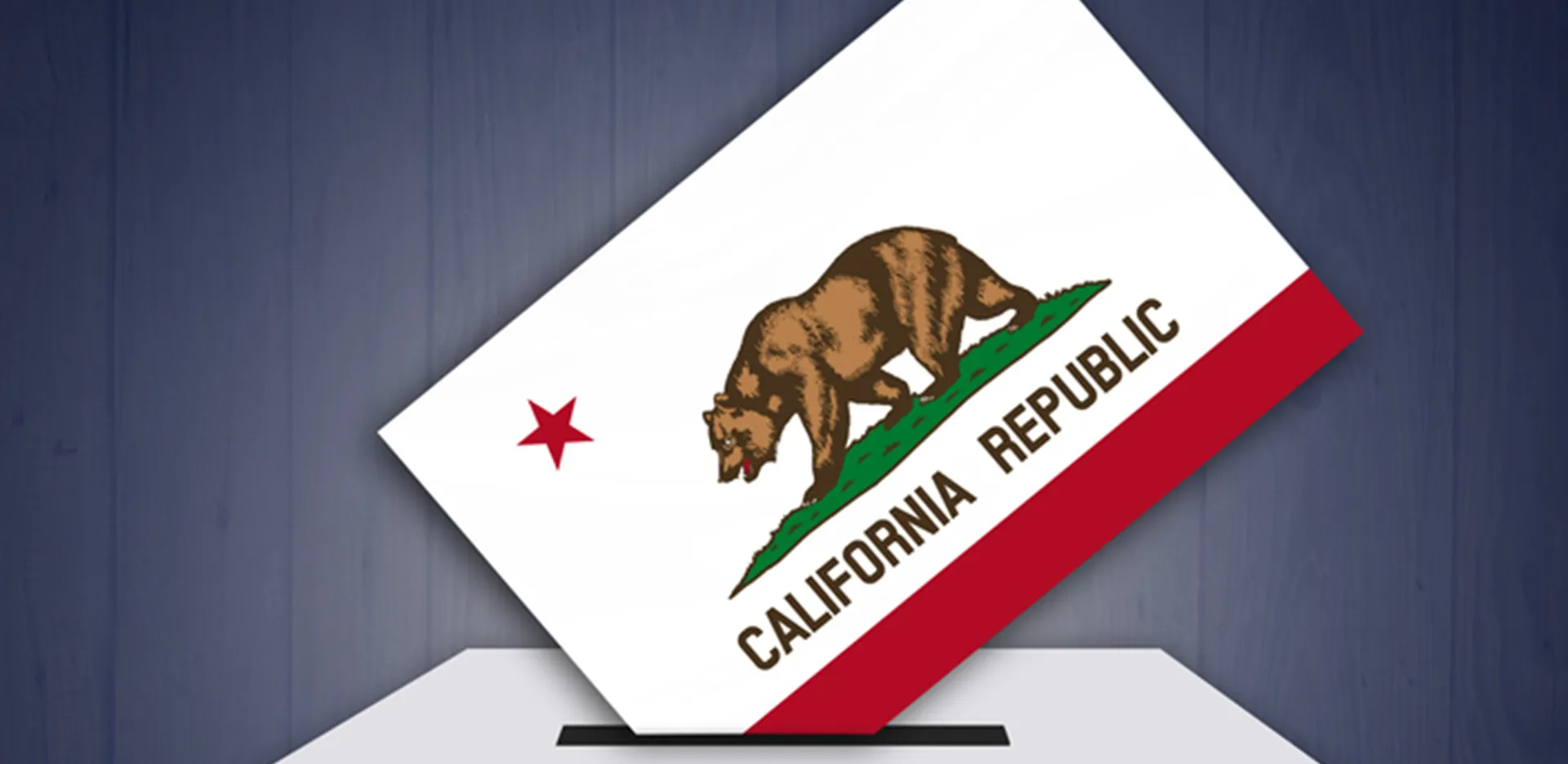An insurance agent has filed papers with the state of California to qualify an initiative for the 2026 election that would repeal Proposition 103, a landmark insurance measure that has tightly regulated property and auto insurance rates since 1989.
Since 1989, Prop. 103 has required insurance companies to submit requests for rate changes to the California Department of Insurance (DOI). Under the law, the insurance commissioner is required to review those filings, decide whether they are justified, and can deny or limit increases. Consumers and advocacy groups are also allowed to intervene in the process, giving the public a voice in rate decisions.
The measure also made the post of insurance commissioner an elected position instead of one appointed by the governor.
Critics of Prop. 103 say the law slows down the rate approval process, which can drag out for months or even years due to bureaucratic obstacles. Proponents say it keeps insurance companies in check and that having an elected insurance commissioner allows them to act without political interference.
What the new initiative would do
The proposed ballot measure, dubbed the California Insurance Market Reform Act of 2026, would:
- Replace the elected insurance commissioner with an appointee chosen by the governor and confirmed by the state Senate.
- Establish stricter timelines for the DOI to act on rate filings, generally requiring decisions within 120 days.
- End the intervenor system that allows consumer advocates to challenge rate filings at insurers’ expense.
- Require wildfire risk maps to be updated every three years and allow insurers to factor in reinsurance costs and wildfire mitigation activities when setting rates.
The measure was submitted by Elizabeth Hammack, an independent insurance agent, who argued that Prop. 103 has caused dysfunction and delays that have worsened California’s insurance crisis.
Supporters and critics weigh in
Some in the insurance industry say the lengthy approval process under Prop. 103 has made it difficult to adjust rates in line with rising risks, especially from wildfires. Insurers also argue that delays and a provision requiring any rate hike request of 7% or more to trigger a DOI hearing have discouraged larger filings. As a result, most insurers have limited their requests to 6.9%, which they say has been inadequate in recent years due to rapidly rising claims costs for both property and auto insurance.
Combined with increasingly destructive wildfires, the difficult approval process and insurers’ inability to use certain forecasting models have prompted many companies to restrict writing homes and commercial properties in the state.
Consumer groups oppose the new proposal. They say Prop. 103 has saved Californians billions of dollars on auto insurance and kept home insurance rates more affordable than in many other states. Critics warn that repealing it would open the door to steep premium hikes with less accountability.
Long odds ahead
For now, the initiative remains a long shot. To make the November 2026 ballot, supporters must gather more than 546,000 valid signatures by next spring, a tall order without major funding. Consumer Watchdog, the advocacy group founded by Prop. 103’s author, has dismissed the campaign as unserious and underfunded.
If it does qualify, the proposal could set up a high-stakes battle between consumer advocates and insurers at a time when California residents are already frustrated with rising premiums and shrinking coverage options.
What it means for you
For California consumers and businesses, the debate is ultimately about the balance between cost and availability of insurance. Supporters of repeal say loosening regulations could bring insurers back to the state, giving homeowners and drivers more options. Opponents say it would leave consumers at the mercy of insurance companies with little protection against sudden price spikes.
With signature gathering still in its early stages, the proposal may never reach voters. We’ll keep you posted on developments.





